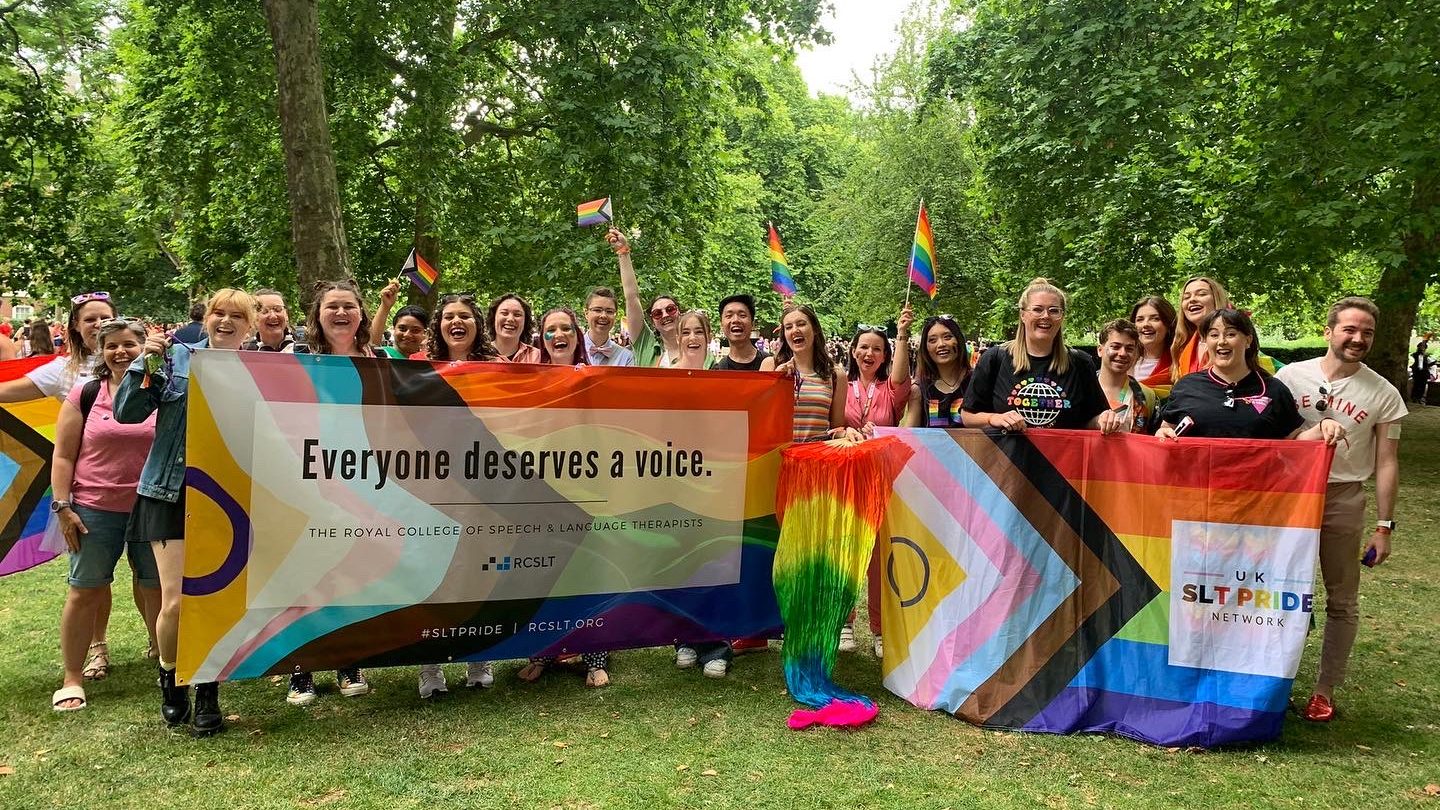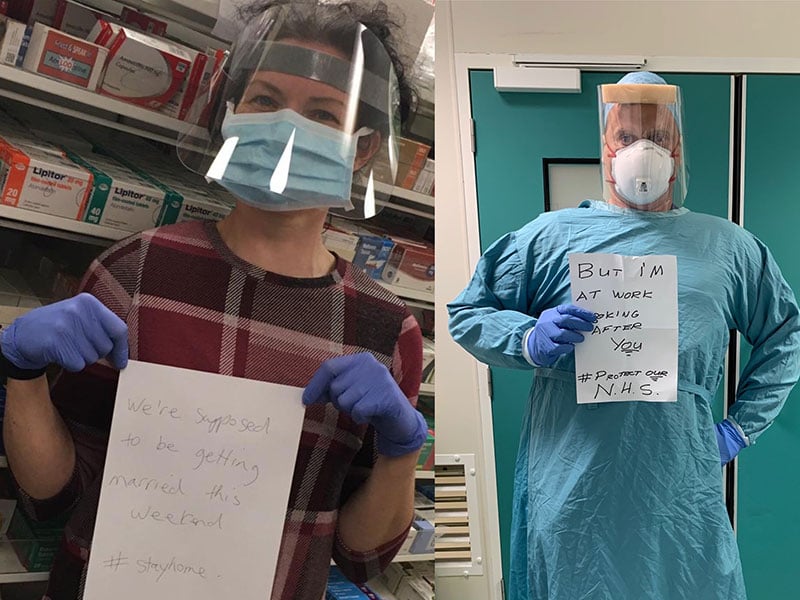As HCPC’s Strategic Lead for Equality, Diversity and Inclusion (EDI), I am involved in a number of national networks and forums focusing on improving experiences for anyone who uses health and care services, improving experiences for anyone who works for health and care providers, and improving the services we provide to all communities.
LGBT+ History Month is a chance to reflect on the challenges still faced by LGBT+ people and what opportunities we have to build on the history of the LGBT+ rights movements.
To mark the month, I want to draw attention to some of the resources and data that have come from the groups I’ve been involved with. They testify to the experiences that LGBT+ people are having in health and care, and show the huge inequalities we still live with.
Data on health inequalities
Hidden Figures is a 2023 report produced by the LGBT Foundation, an organisation I am proud to have worked closely with during my time in the NHS. The findings it makes shows that health inequalities for LGBT+ groups are very real.
- 23% of LGBT people have at one time witnessed anti-LGBT remarks by healthcare staff
- 55% of gay, bisexual and trans men were not active enough to maintain good health, compared to 33% of men in the general population
- 1 in 6 LGBT people drank alcohol almost every day, compared with the 1 in 10 adults in the general population who drink alcohol on five or more days in the week
- 28% of lesbian women, 31% of bisexual women, 23% of gay men and 26% of bisexual men smoke, compared with 19% of heterosexual people
- 15% of lesbian and bisexual women over 25 have never had a smear test, compared to 7% of women in general
Read the report for more information and the full findings: Hidden Figures: LGBT Health Inequalities in the UK
Data on workplace exclusion
Recently the NHS Confederation’s Tackling Inequalities Alliance, of which I’m a member, conducted a survey looking into the experience of LGBTQ+ staff in healthcare. Their subsequent report found:
- 39% of respondents believe their organisations have implemented meaningful inclusion work but, significantly, 37% believe their organisations have not
- 14% of respondents felt that their organisations acted swiftly and appropriately to instances of discrimination, bullying and harassment
- 25% of respondents had experienced homophobia and 20% had experienced transphobia
Read the report: The illusion of inclusion? LGBTQ+ staff experience in healthcare
Registrant experiences
Both sets of findings are consistent with experiences that, at the HCPC, we’ve heard directly from registrants.
For LGBT+ History Month 2024 we spoke to some speech and language therapy (SLT) professionals from the UK SLT Pride Network. They described the experiences they’d had and how it impacted their daily working lives.
‘As someone who is not cisgender, not white and not a woman, I am in the minority in my profession, and I have often felt under-represented. I almost didn't see myself succeeding because those who have succeeded didn't look like me. As a whole, I have struggled to feel that I ‘fit in’.
Sometimes I feel lonely because there is no one at work to talk to who will just ‘get it’. Having to explain myself every time is exhausting.’
Jen Chun, registered speech and language therapist
You can read the full piece in our In Your Words section
Our standards
It is these kinds of experiences and challenges that the HCPC had in mind when we made revisions to our standards of conduct, performance and ethics last year. The changes clarify registrants’ duties around challenging discrimination, working in an inclusive way and interacting with members of our increasingly diverse society.
The standards require individual registrants to be aware of the potential impact of their biases and ensure that they don’t detrimentally impact on the care being provided. Registrants must treat service users with respect and dignity, and they must take action against bullying, discrimination and harassment when they see it. A health or care professional who discriminating unlawfully is not practising safely.
Reflection
For all these reasons, during LGBT+ History Month we ask all our registrants, and all employers of registrants, to make time to reflect on their approach.
Ask yourself:
- How am I part of the process of improving things for all our communities? What other insight do I need, what might I need to explore?
- How can all of our team best meet diverse and changing health needs?
- What needs to actually change for my LGBTQ+ staff to feel different?
Engaging in meaningful reflection on these questions could really change your future actions. I know it has changed mine.
(If you’re a registrant, then reflecting on these aspects of the standards, how your practice meets them, and what measures you could take to improve, could also form part of your CPD.)
Further information
You can find out more about the EDI-related changes in our standards, or explore diversity data on the professions we regulate.



